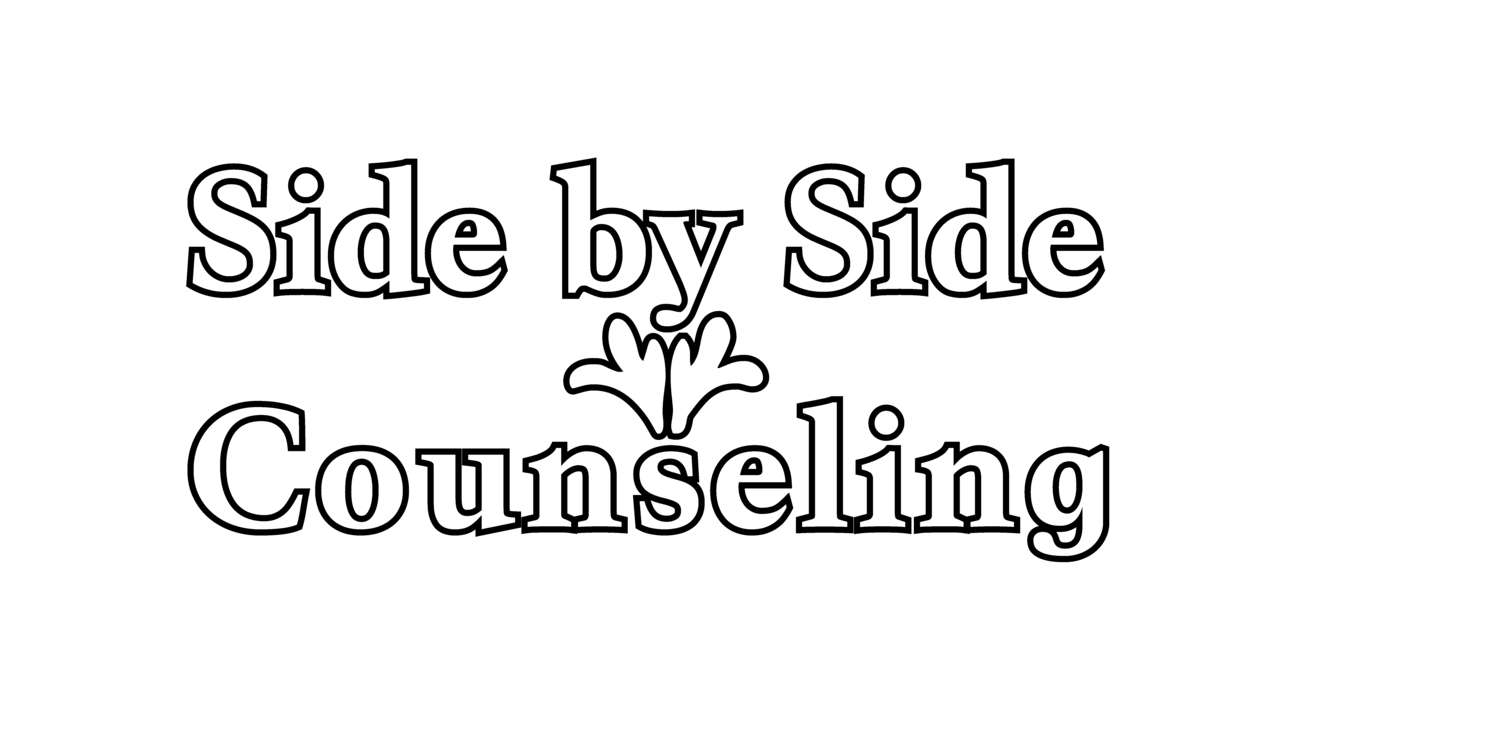Tailspin
April 17, 2020
Tailgating — when a car drives aggressively behind me — sends me into a tailspin, and not just because of the obvious. I don’t just worry about a speeding car plowing into my rear bumper, though that’s certainly a real fear. Tailgating messes with my head.
Like the offending car behind me, my thoughts race, and I panic. I fretfully consider my options: speeding up, hoping the other driver will pull back. Defiantly slowing down, to prove that I won’t be manipulated. Dangerously pulling over, to let the driver pass by.
But then my thoughts get strange. I blame myself, worrying that I’m driving too slowly — even if I know I’m not — or that the other driver is mocking me, or worse, thinks I’m a “loser.” When inevitably the person passes me and harasses another driver, I’m reminded that these thoughts are of course absurd, and I can breathe again.
We all experience irrational thoughts. In Cognitive Behavioral Therapy (CBT), these are referred to as cognitive distortions. There are many patterns of irrational thoughts. My tailgating thoughts can be referred to as “personalizing” — when we assume something is personal without any evidence.
When times are hard, we are more vulnerable to cognitive distortions. We may assume worst-case scenarios (“magnification” or “catastrophizing”). When in close quarters with friends and family, we might assume we know what they’re thinking and pick fights based on these assumptions (“mind-reading”). We may think we always should be doing more to keep busy or help others, and not take time for self-care (“should statements”). We may engage in “fortune telling” (the belief that worrying about something happening will make it come true). We may “discount the positive” — only noticing the bad things which happen, and filtering out the positive. Cognitive distortions play a significant role in anxiety and depression. The good news is that they are by nature not truths, and they can be changed.
CBT is based on the premise that thoughts lead to feelings — and that if we notice our irrational thoughts, and shift them into balanced thoughts, we’ll feel better. For example, if I plan now for the next tailgating event, I’ll remember that no matter how slow or fast I’m driving, tailgating is the fault of the other person, and the most important thing is to drive defensively and safely.
Or if I realize that I’m assuming a worst-case scenario, I can reassure myself that even though anything is possible, worst-case scenarios rarely happen. If I realize that I’m assuming my daughter is annoyed at me because of the smirk on her face, it might be best to ask her about it, before picking a fight. If I recognize that I never think I’m doing enough, or am busy enough, I can remind myself that self-care is necessary in order to help others. If I realize that I’m “knocking on wood” constantly, I might remind myself that my worries don’t have the power to cause events to occur. If I notice that all of my thoughts are negative, I can revisit the last hour, or day, and fill in the “positive gaps.”
Irrational thoughts can be automatic, habitual, obnoxious, and/or fleeting. Noticing and questioning the veracity of these thoughts is the first step toward dissecting them. Shifting irrational thoughts takes patience and practice. Tailgating may be an unfortunate fact of life, but going into a tailspin can be avoided.
This blog post originally appeared on the Carthage College website. It has been republished with permission.
